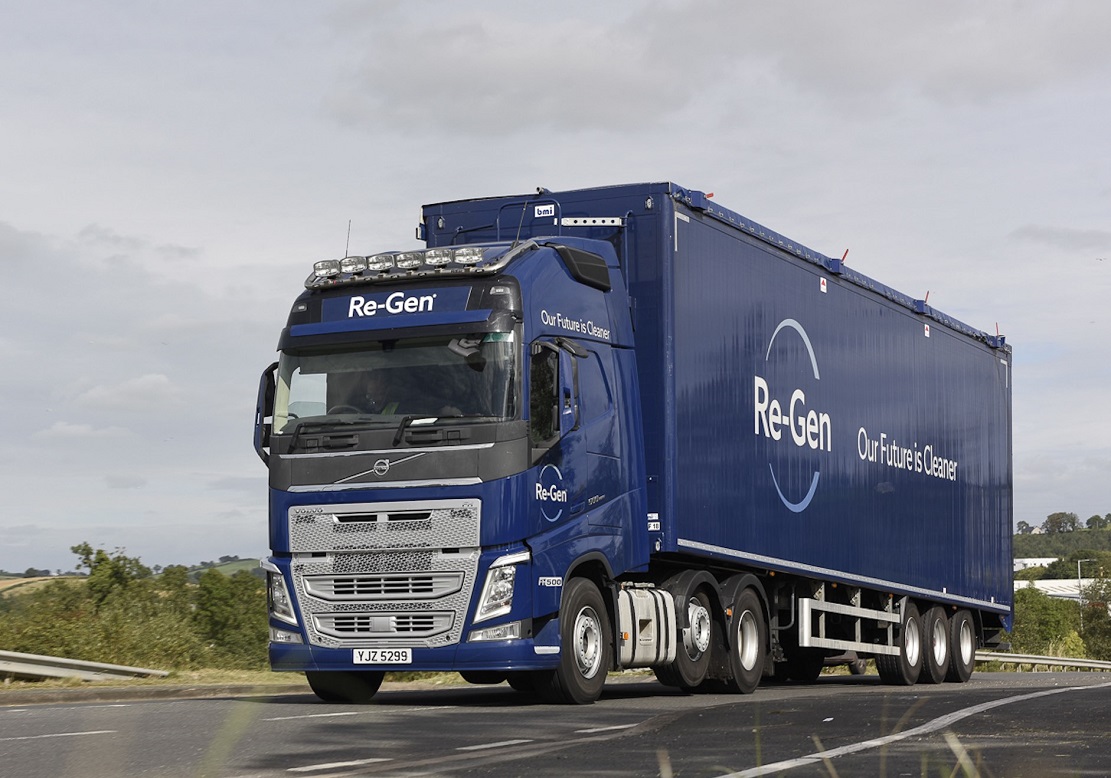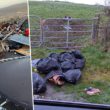
The head of Newry’s Re-Gen Waste, Joseph Doherty, has looked at the provisional Northern Ireland local authority collected municipal waste management statistics for January to March 2022.
According to the latest local authority collected municipal statistics, Northern Ireland Councils collected just over 229,000 tonnes over a three-month period but what surprises me most about this is that a quarter of all household waste is still being sent to landfill.
Organisations like Ellen Macarthur Foundation have promoted eliminating waste generation and stopping materials ending up in landfill. Re-Gen would support those goals, too.
As we move closer towards a local circular economy involving the reuse of materials, there are currently two viable routes for waste as alternatives to landfill. The priority is that we should all see cardboard, glass, paper, plastics and metals as valuable resources with the aim of keeping it in circulation – and out of landfill sites. Commodities are valuable in the resource market.
By recovering and reselling materials, we can create jobs, boost the local economy and reduce the mining costs for virgin raw materials.
The Department of Agriculture, Environment and Rural Affairs’ latest report shows that the local authority recycling rates in January-March 2022 is reducing. Less than half (45.4 per cent) of household waste collected by councils was sent for recycling during this period and that is 1.1% lower than the equivalent timeframe in 2021.
As a manufacturer of refuse derived fuel and solid recovered fuel which are shipped from Warrenpoint Port, it is great to see that there has been an increase in material used to produce these fuels from 25.7% to 27.7%. Refuse derived fuel is exported to combined heat and power plants while solid recovered fuel is an alternative to coal and is sent to cement customers across Europe.
There is a possibility that recycling rates will decrease further as a result of the cost-of-living crisis, and increased pressures on personal and family finances.
Recycling will be the last issue that financially pressured householders consider in the months ahead as prices rise in supermarkets, shops and at fuel stations. The news isn’t all bleak.
A new Sullatober Household Recycling Centre in Mid and East Antrim Council only came into operation in June so has had no influence on DAERA’s latest statistics but it will divert 1,000 tonnes of waste from landfill annually.
This is great news for the 40,000 householders of Carrickfergus and the population of Mid and East Antrim. Receiving funding of £995,000 for the centre from the Department of Agriculture, Environment and Rural Affairs, the Council has created a facility that is twice the size of the former centre and aims to increase the amount of
waste segregation by 20 per cent.
Household waste accounted for 87.3% in January-March 2022 so commercial waste was in the region of 33,371 tonnes. The focus might need to be on splitting that commercial waste into recyclable and non-recyclable materials.
The report can be accessed at https://www.daera-ni.gov.uk/news/northern-ireland-local-authority-collected-municipal-waste-management-statistics-released-27



